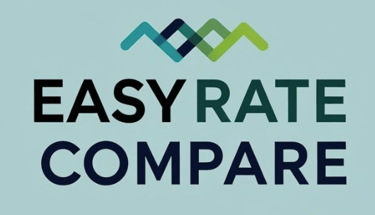Common First Credit Card Mistakes and How to Avoid Them
9/23/20252 min read


Your first credit card can be your best financial friend—or your most expensive lesson. Here's how to get it right the first time.
Getting your first credit card is a big deal. It feels like a rite of passage—your gateway into the world of adulting, building credit, and not needing to call your parents when you need to book a hotel. But with great financial power comes great responsibility.
Here’s the truth: a credit card isn’t “free money.” It’s a tool. And like any tool, it can help you build or break something—specifically, your credit score and your bank account.
Let’s break down the most common first-time credit card mistakes and how to dodge them like a pro.
🚩 Mistake #1: Treating Your Credit Limit Like a Spending Goal
The Reality: Just because your card gives you $2,000 to spend doesn’t mean you should spend it.
How to Avoid It: Keep your spending under 30% of your limit (preferably under 10%). That means if you’ve got a $1,000 limit, try not to carry more than $100–$300 on the card at any time. Why? Because high credit utilization can lower your credit score, even if you pay it off later.
💸 Mistake #2: Only Making the Minimum Payment
The Reality: Paying just the minimum keeps you in debt forever and racks up interest.
How to Avoid It: Pay off your full balance every month if you can. At the very least, pay more than the minimum. Remember, credit cards have some of the highest interest rates out there. That $40 pizza could end up costing you $70 over time if you’re not careful.
🤷 Mistake #3: Not Knowing Your Interest Rate or Fees
The Reality: A lot of people don’t read the fine print—and that’s where the bank gets you.
How to Avoid It: Know what your APR (annual percentage rate) is, what the annual fee (if any) costs, and whether your card has perks like cashback or travel rewards. Pick a card that suits your spending style and budget. There’s no shame in starting with a basic or secured card.
📉 Mistake #4: Missing a Payment
The Reality: A single missed payment can damage your credit score for years.
How to Avoid It: Set up autopay or reminders on your phone. Even paying one day late can trigger a fee or interest charge. Protect your score—it’s harder to fix than it is to maintain.
😬 Mistake #5: Applying for Too Many Cards Too Fast
The Reality: Each application creates a "hard inquiry" on your credit report, which can temporarily lower your score.
How to Avoid It: Start with one card, learn how to manage it well, and wait at least 6–12 months before considering another. Quality over quantity.
🔥 Bonus Tip: Use It Like Debit (But Better)
Think of your credit card like a debit card with perks. Don’t charge more than you can afford to pay off that month, and enjoy the benefits like cash back, purchase protection, and building credit for your future.
Bottom Line
Your first credit card is more than just plastic—it's a stepping stone to financial independence. Use it wisely, and you’ll be rewarded with a solid credit score, better rates on loans, and major adulting points. Make mistakes, and it could cost you big down the road.
So swipe smart, spend intentionally, and remember: the goal isn’t just to have credit—it’s to master it.
